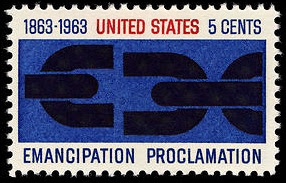National School Nurse Day is an annual observance in the United States dedicated to recognizing the contributions and impact of school nurses. It falls on the Wednesday of National Nurses Week, which is typically celebrated during the first week of May each year.
School nurses play a vital role in promoting the health and well-being of students in educational settings. They provide a wide range of services, including first aid, administering medication, managing chronic health conditions, conducting health screenings, and offering health education and counseling.
National School Nurse Day serves as an opportunity to honor the dedication and hard work of school nurses, as well as to raise awareness about the critical role they play in supporting student health and academic success. It's a time to express appreciation for their compassion, expertise, and commitment to keeping students safe and healthy throughout the school year. Many schools and communities may organize special events, recognition ceremonies, or gestures of gratitude to commemorate this day and show their support for school nurses.



.jpg)


.jpeg)
.jpg)





